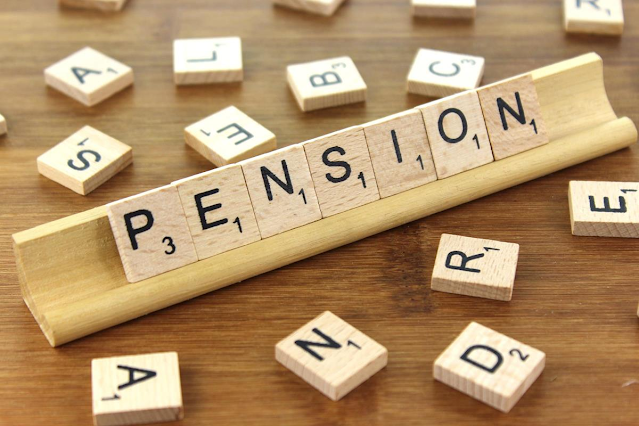Changes in NHS Pension and Income Declaration
Lots of interesting news came for doctors this week in the form of the Budget and also an announcement from NHS England. Jeremy Hunt, the current chancellor of the Exchequer who is control of the countries finances, was previously the infamous health secretary who battled the junior doctors back in 2016. Since then though, he has claimed that he more sympathetic to doctors and has claimed that he will solve the NHS pension issue for high-earning doctors. Well in this announcement on the 15th March has gone some way to solving it.
The first thing that has changed is that the annual allowance has now been increased to £60,000. If you remember my last post about the annual allowance in regards with the NHS pension, a lot of the growth was not in the control of the member due to differences in yearly inflation rates. Since then though that has changed by changing the date that the pension in increased with inflation to 1st April (from 5th April), so in theory, your existing pension pot should only increase by 1.5%. Previous to the new Budget however earning £135,000 would mean you would hit that £40,000 limit prior to inflationary increases. With a £60,000 limit however, you can now earn £202,500 before you hit that. With that income, that would increase your pension by £3750 (£202,500 divided by 54) and then we multiply by 16 to give us the pension growth (£60,000). Making it slightly more complicated is the annual allowance tapering that occurs above the £200,000 threshold income (£260,000 adjusted income) which reduces the annual allowance by £1 for every £2 increase in income.
This change will help a lot of GP Partners and consultants who were having to cut down on their hours or work due to worry about breaching the annual allowance. Another change that may have a positive impact on workers in general is the scrapping of the lifetime allowance. This means that there is no previous top limit before you would get a taxed. Doctors have already said they may consider working more because of these changes. If you crystalised your mortgaged (retired) prior to this change then you likely would be kicking yourself. If you're relatively young, whilst it sounds good, successive governments are likely to lower it again so a bit less reason to get excited about it.
Whilst the two last points are good for doctors, what may be bad news for GPs is the 'rubber-stamping' of the GP pay discrepancy. All those who earned over £156,000 in NHS pay in the 2021-2022 tax year will have to declare by 23:59 30th April 2023. To do this, the GP will have to register online and declare it there to be published in a national publication where your name, job title, NHS earnings in £5,000 bands and the names of the NHS organisations in which they earned that money. In the tax year of 2022-2023, it will be £159,000, and will increase every tax year (with inflation). It's hard to know how this will be enforced - but it will be the practice that will be penalised if the individual does not declare.
I can see a number of things that could happen with the result of this action. I can see patient's looking up their own GPs to see if they are part of this high-earning group. I can see the Daily Mail starting a name and shame of GPs. I can see potential awkwardness amongst members of staff in GP surgeries whom partners earn this high amount. I can see GP surgeries that don't have any partners in that high-earning group struggling to recruit any new doctors, but I can see GP surgeries that have many high-earning partners having no problem recruiting.
Time to strike?
If you found the post useful, please share below.




Comments
Post a Comment